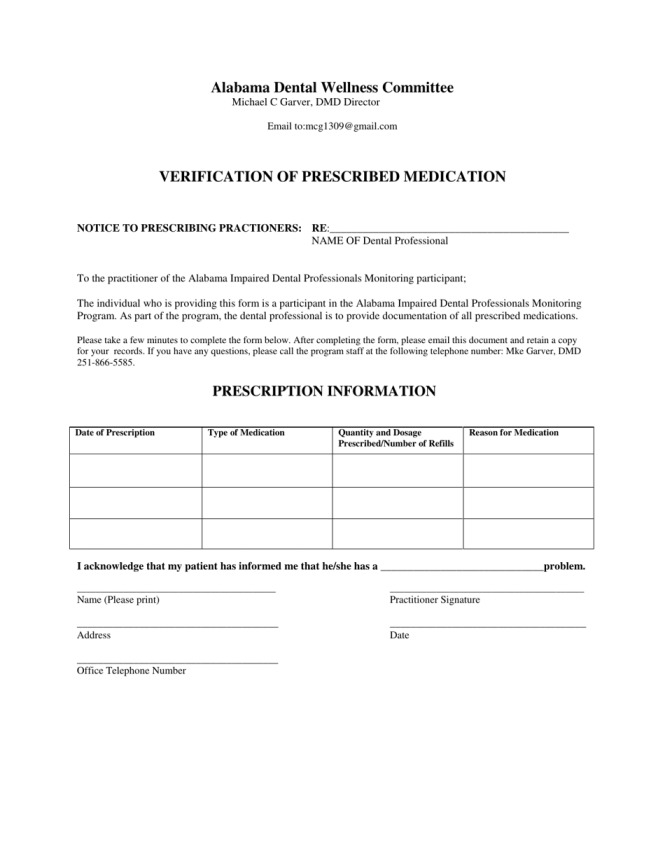

Treatment tribulations can significantly impact a patient’s well-being and hinder their progress toward recovery. Why isn’t my prescribed medication actually working? This comprehensive guide will delve into the multifaceted aspects of treatment tribulations, exploring potential causes, strategies for improvement, and actionable steps you can take. We will examine interactions, dosages, lifestyle factors, and underlying health conditions that can influence treatment efficacy. By the end of this article, you’ll gain a deeper understanding of treatment tribulations, including personalized strategies for enhancing the effectiveness of your prescribed medications.
Identifying the Root Cause of Treatment Challenges
Understanding the Potential Factors
Treatment tribulations can stem from various interconnected factors that require careful consideration. Often, the failure of a prescribed medication to yield the desired results is not due to the medication itself but rather to underlying issues or interactions. Uncovering these factors can significantly improve your chances of achieving positive outcomes. For example, a patient with a history of heart disease might experience adverse reactions to a particular blood pressure medication, or a patient with allergies might develop adverse reactions to certain antibiotics. It is crucial to understand the nuances of your individual health profile. Consider potential factors such as medication interactions, adherence, lifestyle modifications, and underlying health conditions.
Medication Interactions
Medication interactions can be a significant contributor to treatment tribulations. Certain medications can interfere with the absorption or effectiveness of others. One particular instance highlights the importance of informing your doctor about all medications, including over-the-counter remedies, supplements, and herbal medications. These interactions can lead to unforeseen side effects or reduced treatment effectiveness, and in some cases, may increase the risk of serious complications.
Assessing Medication Adherence and Lifestyle Factors
Understanding the Importance of Adherence
Medication adherence is crucial for treatment success. Studies consistently show that poor adherence can significantly hinder the effectiveness of a treatment plan. This emphasizes the vital role of consistent medication intake, exactly as prescribed. Adherence challenges can stem from various factors, such as forgetting to take the medication, difficulty swallowing the medication, or simply not understanding the importance of regular intake. This underscores the importance of open communication with your healthcare provider to address any concerns or challenges you might be facing. The lack of adequate follow-up or monitoring can also pose challenges in maintaining effective treatment. For instance, a patient might miss doses due to scheduling conflicts or transportation issues.
Lifestyle Modifications and Patient Expectations
Lifestyle modifications are equally important as medication adherence. Poor sleep, stress, diet, exercise, and substance use can all influence how effectively the medication works and the treatment’s overall efficacy. Patients should actively engage in healthy lifestyle practices to optimize their treatment outcomes. For instance, patients may benefit from stress-reduction techniques or healthy dietary adjustments to complement their prescribed medications. A patient taking medication for depression might find that regular exercise significantly boosts treatment efficacy and helps manage symptoms.
Evaluating Underlying Health Conditions
Identifying Co-existing Issues
Underlying health conditions can sometimes be overlooked contributors to treatment tribulations. The presence of co-existing conditions can influence how the body processes and reacts to a prescribed medication. For example, a patient with kidney disease may require adjustments to the dosage of certain medications to prevent toxicity. It is essential to discuss any underlying health conditions with your doctor before initiating treatment or making adjustments. Consider instances where a patient experiences increased side effects due to an undiagnosed condition. This emphasizes the importance of comprehensive evaluations to identify and address potential complications.
The Role of Patient-Doctor Communication
Open communication between patients and healthcare providers is essential for effective treatment management. Regular check-ups, feedback sessions, and clear communication of concerns are vital for ensuring the prescribed treatment addresses any underlying health conditions. This involves actively informing your doctor about your current medical history, lifestyle, medications, and potential side effects. This underscores the importance of regular communication to achieve successful treatment outcomes.
Adjusting Dosage and Treatment Plan
Dosage Modifications
In certain cases, adjustments to the prescribed medication dosage might be necessary. Doctors may need to increase or decrease dosages to optimize the treatment’s effectiveness and minimize side effects. This highlights the importance of monitoring the patient’s response to the medication and adjusting accordingly based on clinical observations. Consultations and monitoring sessions with the medical professional are key in this process.
Exploring Alternative Therapies
Sometimes, alternative therapies can be beneficial to complement or augment the effects of your prescribed medication. Techniques like acupuncture, relaxation therapies, or nutritional supplements may assist in addressing specific aspects of the treatment tribulation. However, it is essential to consult with your doctor before incorporating any alternative therapies to ensure their safety and compatibility with the current treatment plan.
Seeking Professional Guidance
Finding a Supportive Doctor
Navigating the complexities of treatment tribulations requires a supportive and knowledgeable healthcare provider. Building a strong doctor-patient relationship is essential. Seek a doctor you trust and feel comfortable discussing your concerns with. This empowers you to effectively communicate your symptoms, ask questions, and ensure your treatment plan aligns with your needs.
Recognizing When Additional Support is Needed
Sometimes, treatment tribulations may necessitate additional support or interventions. If you feel your prescribed medication is not effective despite comprehensive efforts, consider seeking a second opinion or consulting a specialist. Consulting specialists in related fields might provide additional insights.
In conclusion, understanding why your prescribed medication isn’t working requires a comprehensive approach. By exploring potential contributing factors like interactions, dosage, lifestyle, and underlying health conditions, you can gain valuable insights to improve treatment outcomes. Consult your doctor for personalized guidance and consider a holistic approach to address the root cause of your tribulations. Schedule a follow-up appointment to discuss adjustments to your treatment plan, and explore alternative therapies that may complement your prescribed medication for optimal results. If you’re still facing challenges, remember you’re not alone, and seeking professional guidance is essential for addressing treatment tribulations effectively.